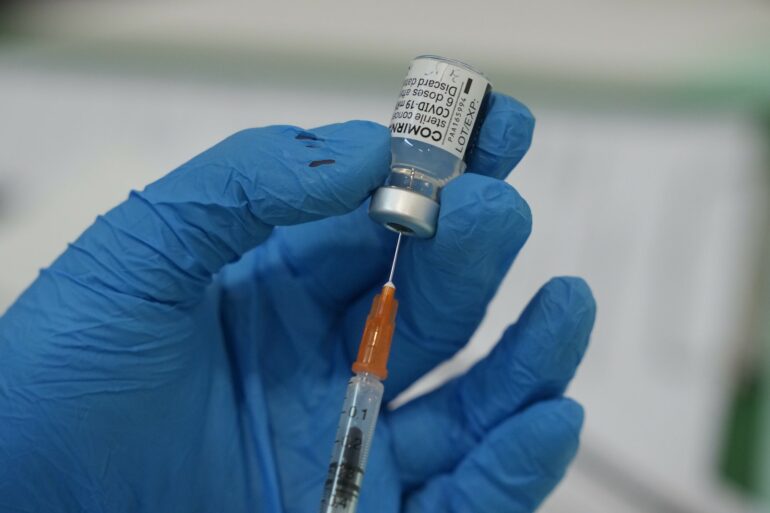The battle to keep the government open may feel just like the crisis of the day. But these fights pose immediate and long-term risks for the U.S.
The federal government spends tens of billions of dollars every year to support fundamental scientific research that is mostly conducted at universities. For instance, the basic discoveries that made the COVID-19 vaccine possible stretch back to the early 1960s. Such research investments contribute to the health, wealth and well-being of society, support jobs and regional economies and are vital to the U.S. economy and national security.
If Congress can’t reach an agreement, then a temporary government shutdown could happen on Jan. 19, 2024. If lawmakers miss a second Feb. 2 deadline, then automatic budget cuts will hit future research hard.
Even if lawmakers avoid a shutdown and pass a budget, America’s future competitiveness could suffer because federal research investments are on track to be billions of dollars below targets Congress set for themselves less than two years ago.
I am a sociologist who studies how research universities contribute to the public good. I’m also the executive director of the Institute for Research on Innovation and Science, a national university consortium whose members share data that help us understand, explain and work to amplify those benefits.
Our data shows how endangering basic research harms communities across the U.S. and can limit innovative companies’ access to the skilled employees they need to succeed.
A promised investment
Less than two years ago, in August 2022, university researchers like me had reason to celebrate.
Congress had just passed the bipartisan CHIPS and Science Act. The “science” part of the law promised one of the biggest federal investments in the National Science Foundation – America’s premier basic science research agency – in its 74-year history.
The CHIPS act authorized US$81 billion for the agency, promised to double its budget by 2027 and directed it to “address societal, national, and geostrategic challenges for the benefit of all Americans” by investing in research.
But there was one very big snag. The money still has to be appropriated by Congress every year. Lawmakers haven’t been good at doing that recently. The government is again poised to shut down. As lawmakers struggle to keep the lights on, fundamental research is likely to be a casualty of political dysfunction. The budget proposals released so far fall $5 billion to $7.5 billion short of what the CHIPS act called for in fiscal year 2024. Deal or no deal, science is on the chopping block in Washington.

A lag or cut in federal research funding would harm U.S. competitiveness in critical advanced technologies like artificial intelligence and robotics.
Hispanolistic/E+ via Getty Images
Research’s critical impact
That’s bad because fundamental research matters in more ways than you might…



